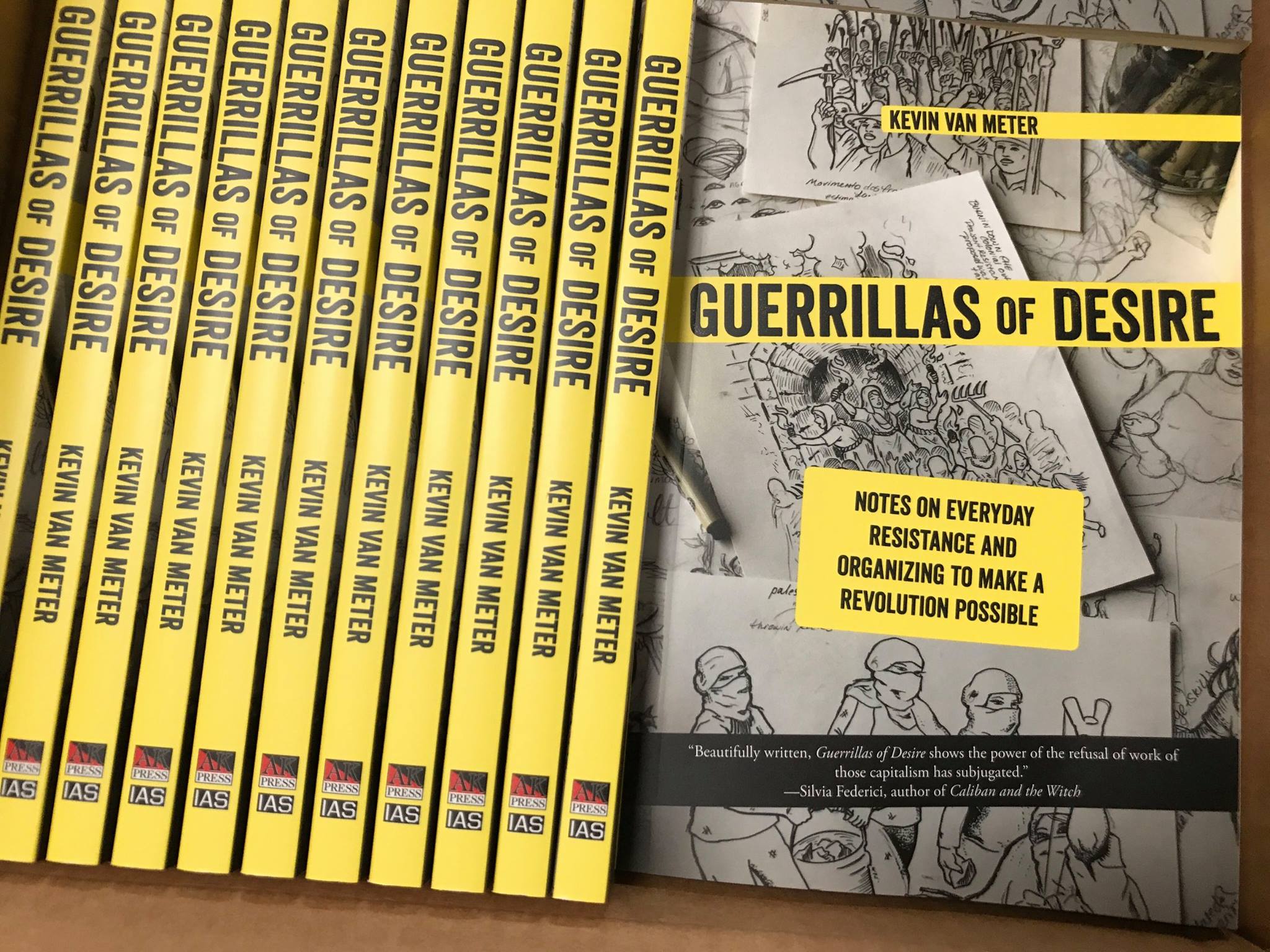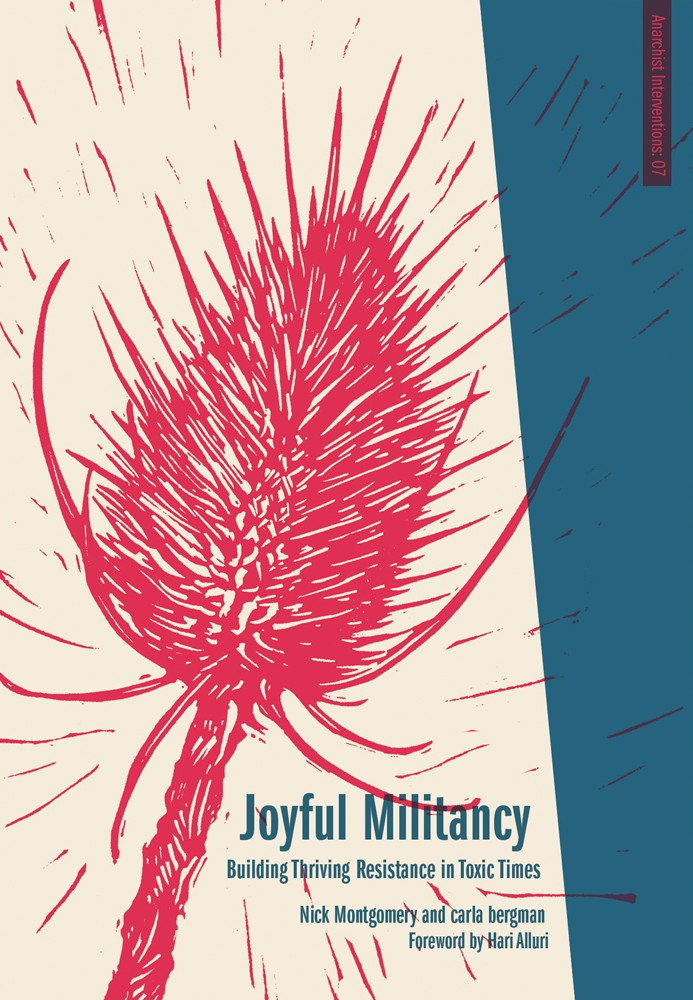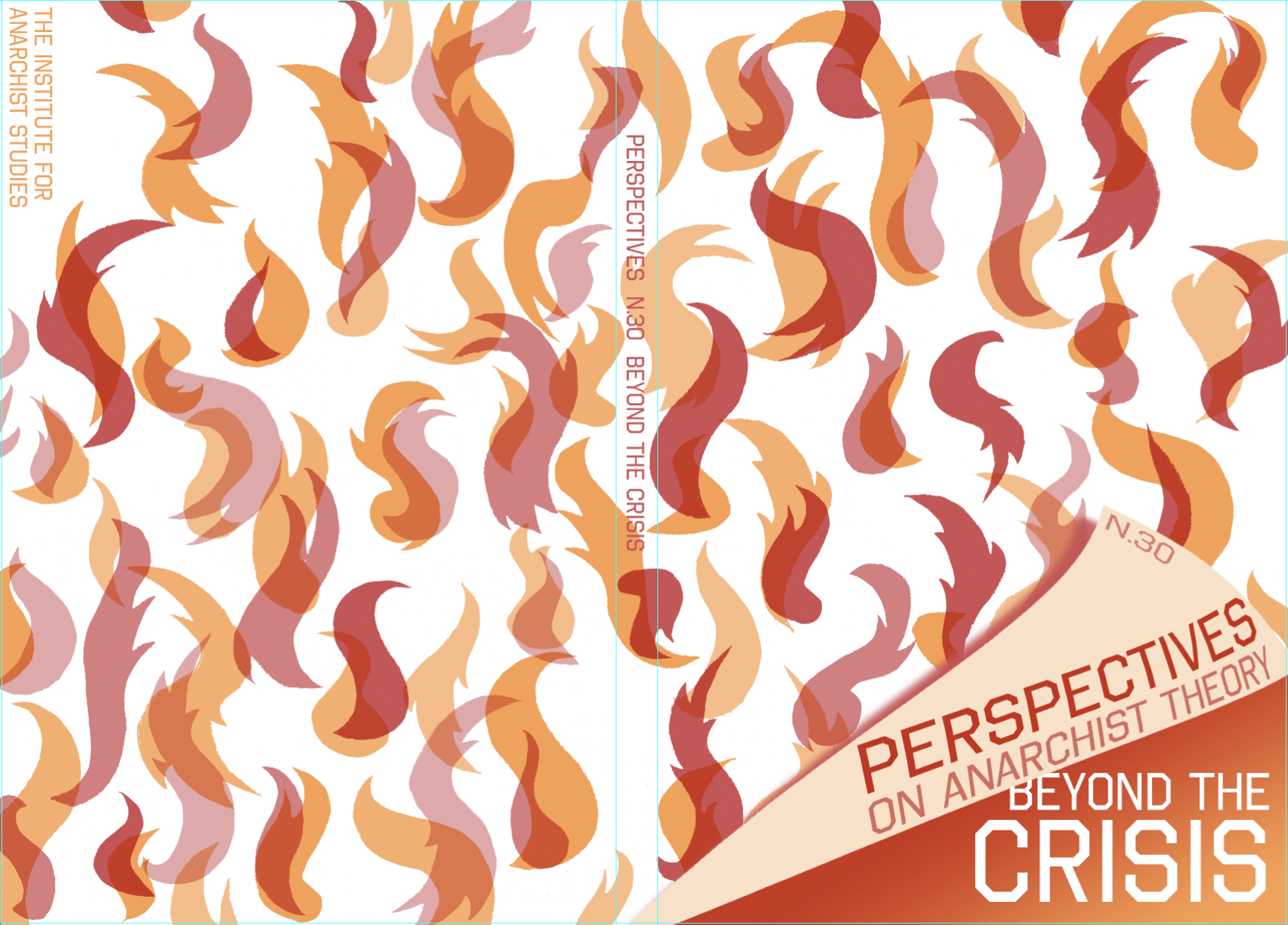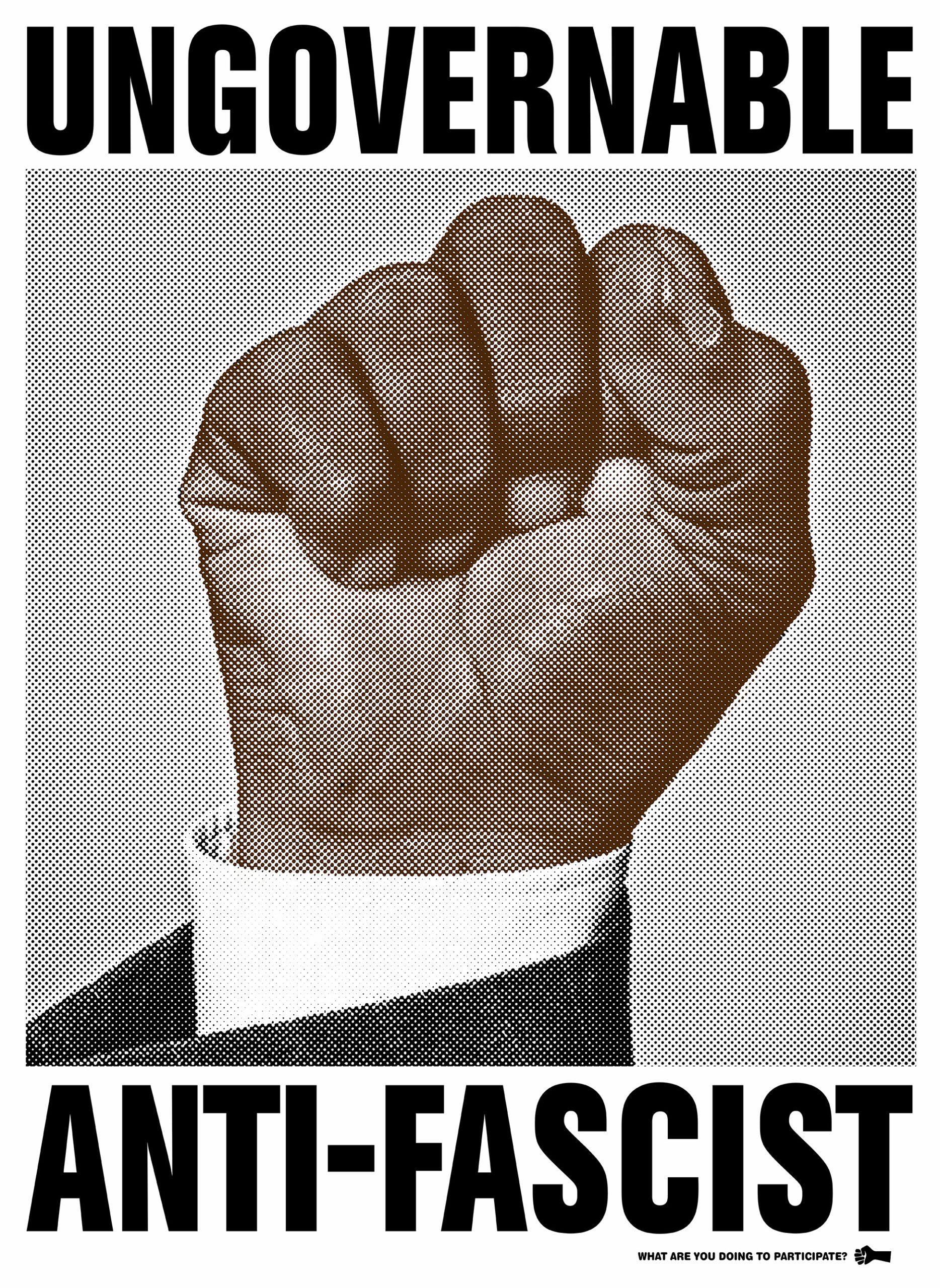 Here’s an interview with writer and activist Hillary Lazar on the connections between border politics and antifascism, applying intersectional frameworks to movement organizing. The discussion begins with a conversation about Lazar’s recent essay, “Connecting Our Struggles: Border Politics, Antifascism, and Lessons from the Trials of Ferrero, Sallito, and Graham,” published in Perspectives on Anarchist Theory (N30, “Beyond the Crisis” issue)
Here’s an interview with writer and activist Hillary Lazar on the connections between border politics and antifascism, applying intersectional frameworks to movement organizing. The discussion begins with a conversation about Lazar’s recent essay, “Connecting Our Struggles: Border Politics, Antifascism, and Lessons from the Trials of Ferrero, Sallito, and Graham,” published in Perspectives on Anarchist Theory (N30, “Beyond the Crisis” issue)
Lessons for a New Generation of Organizers: A talk with David Ranney, author of Living and Dying on the Factory Floor
The Institute for Anarchist Studies (IAS), together with the Burgerville Workers Union (BVWU), presents David Ranney, author of the new book Living and Dying on the Factory Floor: From Outside In and the Inside Out (PM Press, 2019). David will be speaking at the AFSCME … Read more










